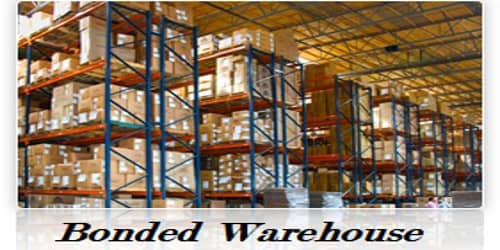Bonded Warehouse
It is a warehouse usually situated near the port where the imported goods can be stored temporarily pending the payment of import duty. It is a customs-controlled warehouse for the retention of imported goods until the duty owed is paid. Its main advantage is to defer the payment of customs duties. Companies use bonded warehouses to legally and safely deliver their products to customers. The bonded goods are well taken care of and documented. This system exists in all developed countries of the world.
A bonded warehouse is a warehouse operated by a private company in a foreign country under the regulatory supervision of that country’s customs agency. It is a secure place to store items intended for export while you wait for a buyer, allowing you to delay the payment of customs duties and taxes. It may be managed by the state or by private enterprise. The owners of the goods can be stored temporarily pending the payment of import duty. The owners of the goods have to furnish a bond to the customs authorities in this regard.
Types – Depending on the country or region, there are various options for the storage of goods in a bonded warehouse.
Temporary storage premises (RTO) – It offers the possibility of storing goods that enter the customs territory of the EU awaiting further customs-approved use or treatment.
Type B customs warehouse – It is a public customs warehouse. This means that the administrator (warehouse keeper) can make the premises available to anyone that wants to store goods under customs control.
Type C customs warehouse – It is a private customs warehouse. This means that only the administrator of the customs warehouse (warehouse keeper) can store goods in it.
Type D and E customs warehouses – They are private customs warehouses, which means that only the administrator (warehouse keeper) is allowed to store goods in them.
















